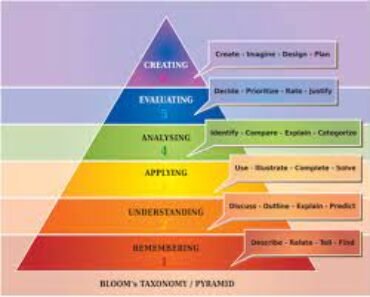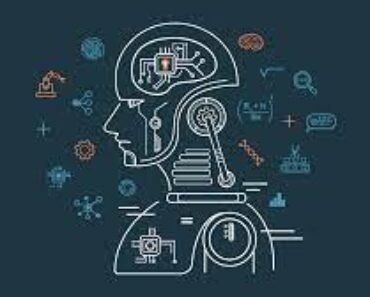In the ever-evolving landscape of literature, certain modern books have risen to prominence, leaving an indelible mark on readers around the world. Here, we delve into some of the most influential modern works that have captivated audiences with their profound storytelling, innovative style, and thought-provoking themes.
- “The Catcher in the Rye” by J.D. Salinger:
- Salinger’s seminal work, “The Catcher in the Rye,” navigates the turbulent journey of Holden Caulfield, a disenchanted youth grappling with the complexities of adolescence. With its candid exploration of alienation, identity, and the loss of innocence, this novel continues to resonate with readers of all ages.
- “To Kill a Mockingbird” by Harper Lee:
- Harper Lee’s masterful narrative unfolds in the fictional town of Maycomb, Alabama, against the backdrop of racial injustice and moral awakening. Through the eyes of Scout Finch, Lee crafts a poignant tale that confronts societal prejudices, empathy, and the pursuit of justice.
- “1984” by George Orwell:
- Orwell’s dystopian vision in “1984” remains a haunting reminder of the dangers of totalitarianism and the erosion of truth. The novel’s portrayal of a surveillance state, coupled with its exploration of language and manipulation, continues to be an eerily relevant commentary on the potential abuses of power.
- “The Great Gatsby” by F. Scott Fitzgerald:
- Set amidst the opulence of the Roaring Twenties, Fitzgerald’s “The Great Gatsby” exposes the disillusionment and moral decay lurking beneath the facade of excess. Through the enigmatic figure of Jay Gatsby, the novel delves into themes of wealth, love, and the American Dream.
- “One Hundred Years of Solitude” by Gabriel García Márquez:
- Márquez’s magnum opus unfolds in the fictional town of Macondo, blending magical realism with a multi-generational saga of the Buendía family. The novel’s lush prose and intricate narrative structure transport readers to a world where reality and myth seamlessly intertwine.
- “Brave New World” by Aldous Huxley:
- Huxley’s prophetic vision of a future society driven by technology, consumerism, and conformity is a striking exploration of the dehumanizing effects of progress. “Brave New World” serves as a cautionary tale about the potential costs of sacrificing individuality for societal stability.
- “The Road” by Cormac McCarthy:
- McCarthy’s spare and haunting prose paints a post-apocalyptic landscape, where a father and son embark on a harrowing journey for survival. “The Road” is a stark meditation on love, resilience, and the enduring human spirit in the face of desolation.
These modern classics have not only shaped the literary landscape but also continue to resonate with readers across generations. Their enduring relevance lies in their ability to tackle universal themes, provoke introspection, and offer profound insights into the human condition. As such, they stand as a testament to the enduring power of storytelling and the impact it can have on our understanding of the world.

